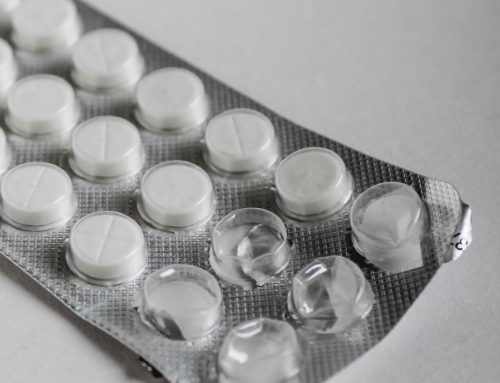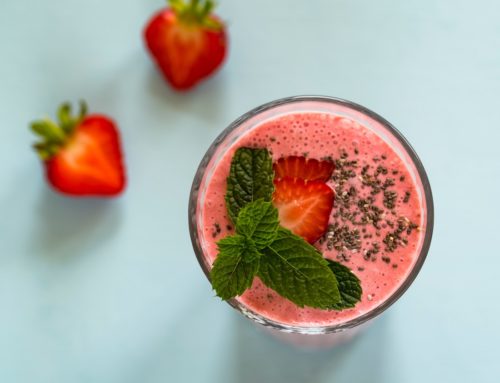Here’s an easy way to add some healthy food to your day. Try some lemon ginger tea.
Your diet and lifestyle are staggeringly important to your health. I came across a Harvard publication that phrased it perfectly: “your genes are not your destiny“1. What you eat and your lifestyle, put together, determine how healthy you are.
Lemon ginger tea on its own isn’t a miracle medical formula. If you have it along with other healthy foods, though, you’ll be making strides towards a healthier life.
How to Make Lemon Ginger Tea
It’s simple. Really simple. Take some fresh ginger, slice it in strips, and let it steep in a cup of hot water. Add a dash of honey and some lemon juice. That’s it.
What are the Benefits of Lemon Ginger Tea?
Well, for one thing, it’s delicious. Ginger tea is also a good idea after a large meal. It’s known for aiding digestion and curing stomach upsets.
On top of flavor, ginger is a powerful anti-inflammatory2. China and India have used ginger for thousands of years as medicine. Here are just a few of ginger’s health benefits:
Fight cancer
Here’s one the largest reasons for adding ginger to your diet. We know that ginger does prevent cancer in rats and possibly helps humans fight cancer as well. Here’s why ginger could be helpful.
First, a little bit of background on cancer. Cancerous tumors need blood vessels to grow. For these blood vessels to develop, a protein called the vascular endothelial growth factor (VEGF)3 has to exist in your body. If you eat food that reduces VEGF levels in your body, you have a lesser chance of developing cancer.
In ginger is a substance called [6]-gingerol that’s the key to ginger’s ability to prevent cancer. We know that [6]-gingerol can reduce the VEGF levels in animals. In a research lab, gingerol actually stopped cell growth caused by VEGF. That’s promising. What’s more, scientists found in rat studies that gingerol actually prevented the growth of cancerous cells in hearts. Yet another study showed that rats fed ginger had more antioxidants and lower rates of cancer.
We have enough research that I recommend you add ginger to your diet. It can only help, and will likely help more than we have pinpointed so far in medical research.
Some Other Possible Benefits
There are even more medical benefits that ginger may have, but just haven’t been researched by Western medicine. For example, traditional Chinese medicine doctors use ginger to draw fluid to an area4. This could help more white blood cells, the cells that fight infections, gather at the part of the body that needs healing. The Chinese also use ginger to help bring other herbs to the area of the body that needs attention.
Other people around the world have also used ginger as medicine. Here’s a quote from an 1898 medical journal, probably written by the Spanish: “Ginger is an excellent remedy and should have a place beside the capsicum bottle on the shelf of every dispensary. It is classified as a stimulant, carminative, diaphoretic, errhine (promotes nasal discharge), sialagogue (promotes salivation), rubefacient (a counterirritant like muscle rubs), etc… In diarrhoea, in cholera morbus, with nausea and vomiting, with cold extremities and surface of the body, don’t forget Ginger.”
Ginger could have more medicinal properties than we’ve researched in Western medicine. The properties we have confirmed alone, however, are enough for me to recommend adding ginger to your diet.
Chew on this
Eat well and live well. Ginger isn’t a silver bullet for any chronic diseases, but eating it along with other good foods and having a healthy lifestyle are proven strategies for improving your health.
What do you think of ginger tea? Do you like it? Share with us in the comments!




